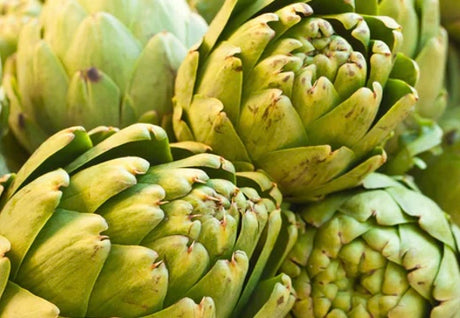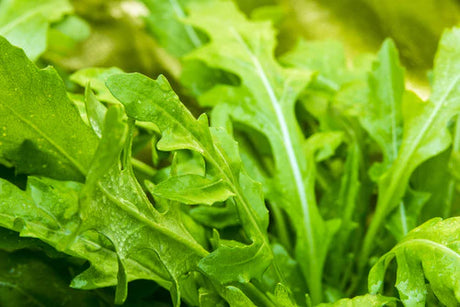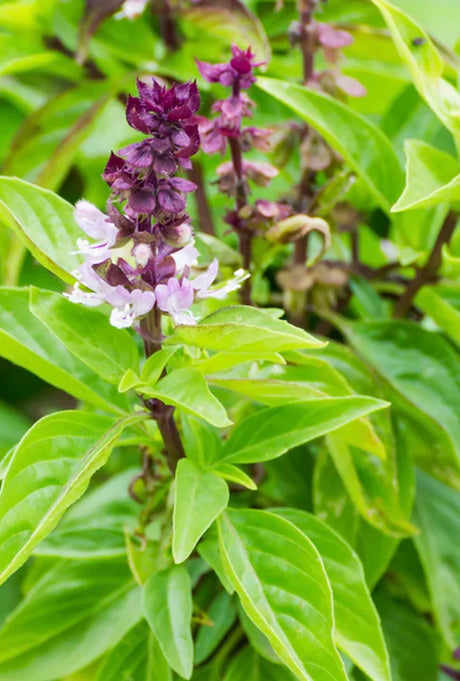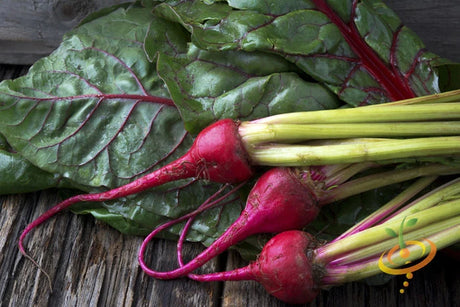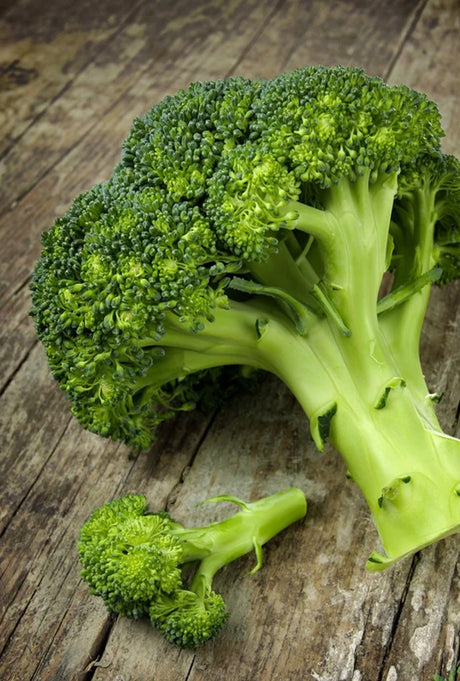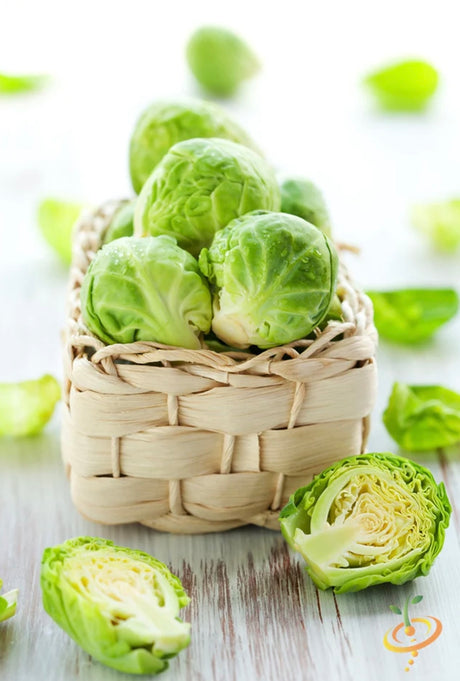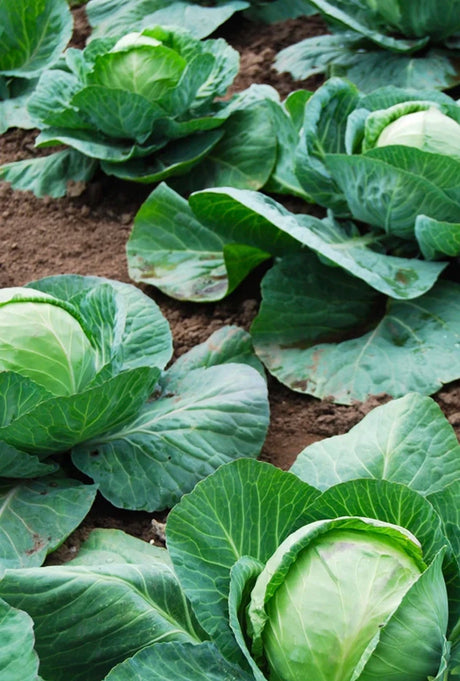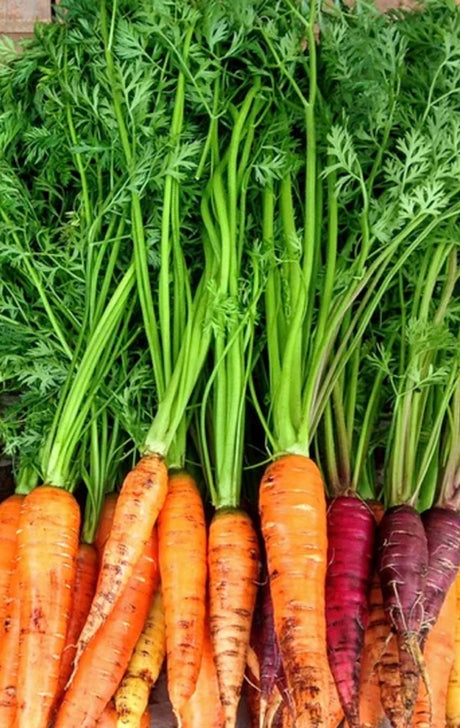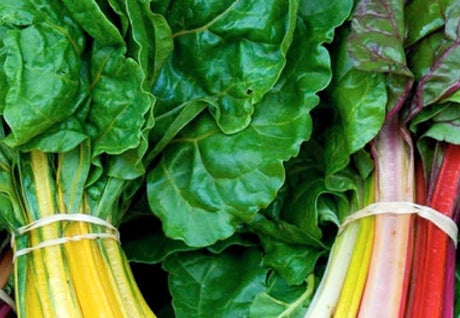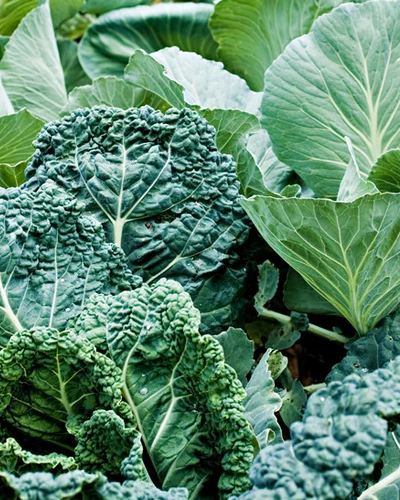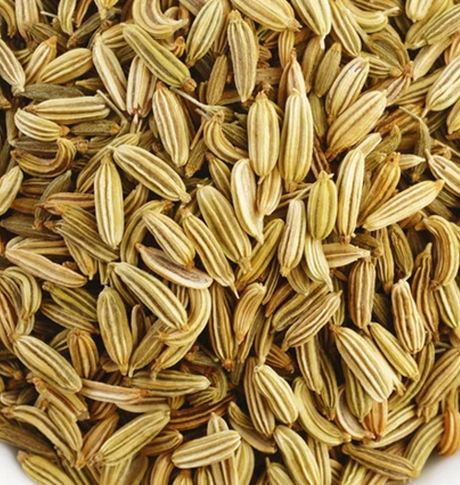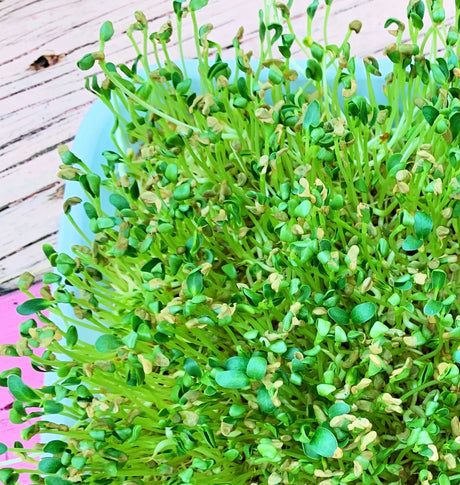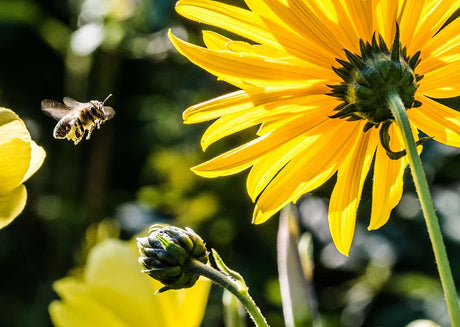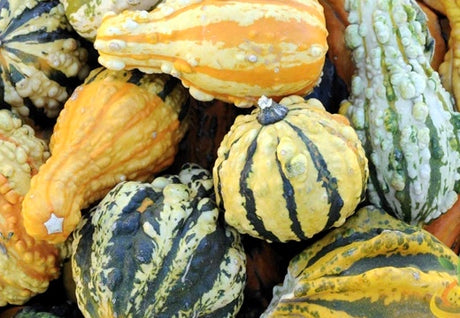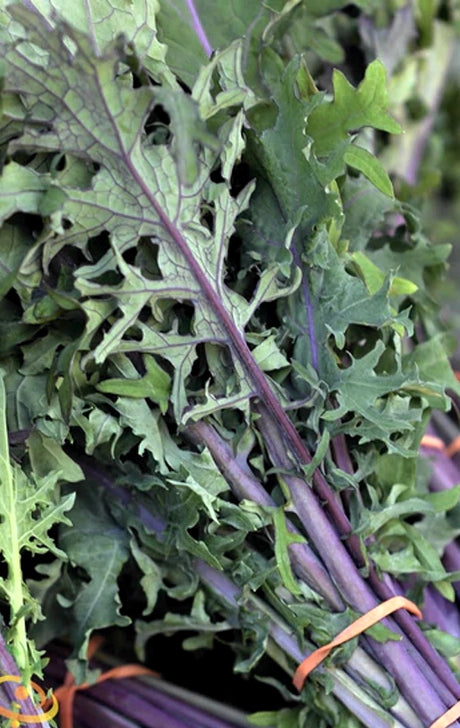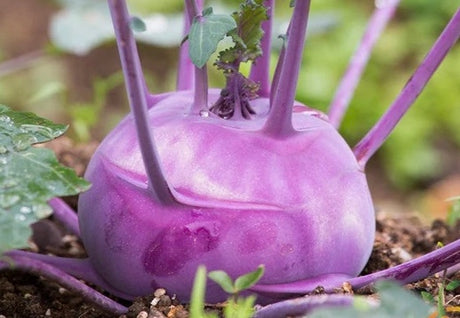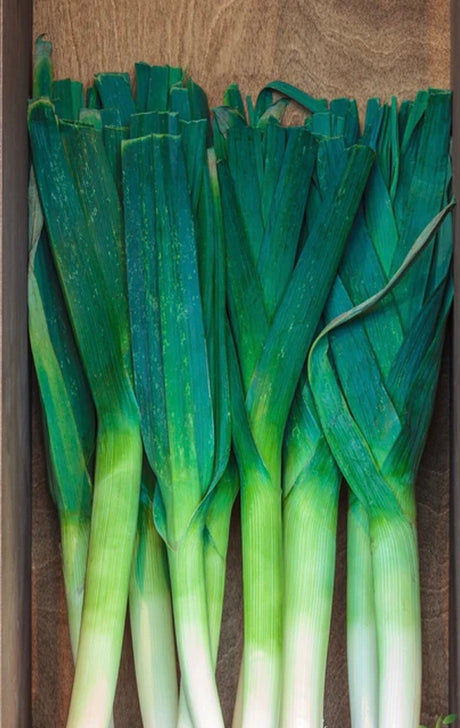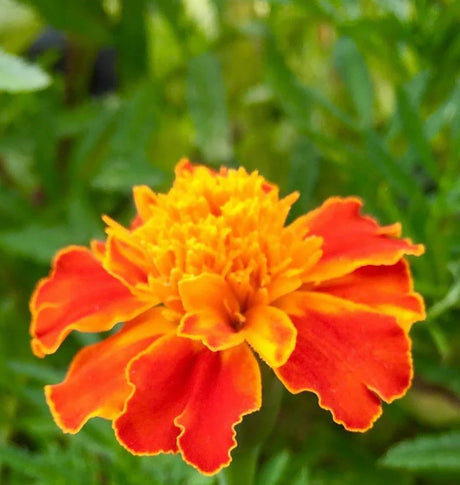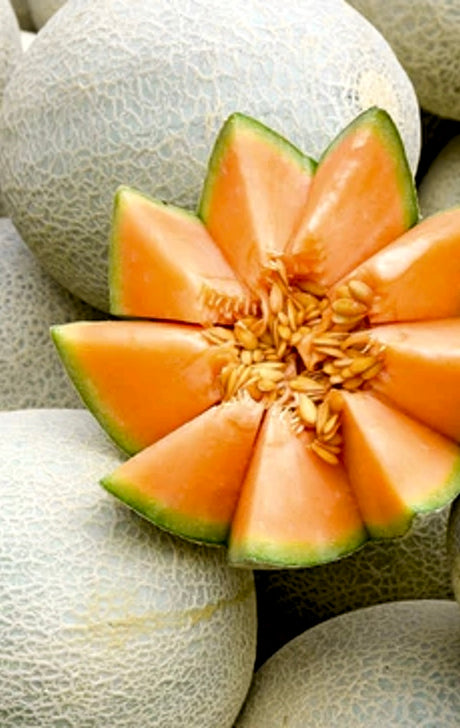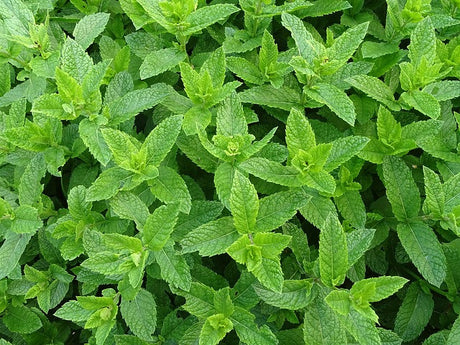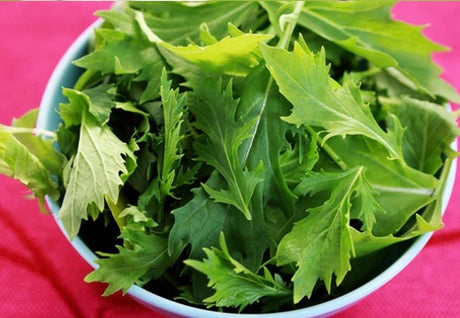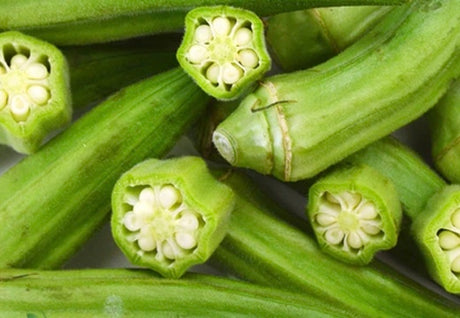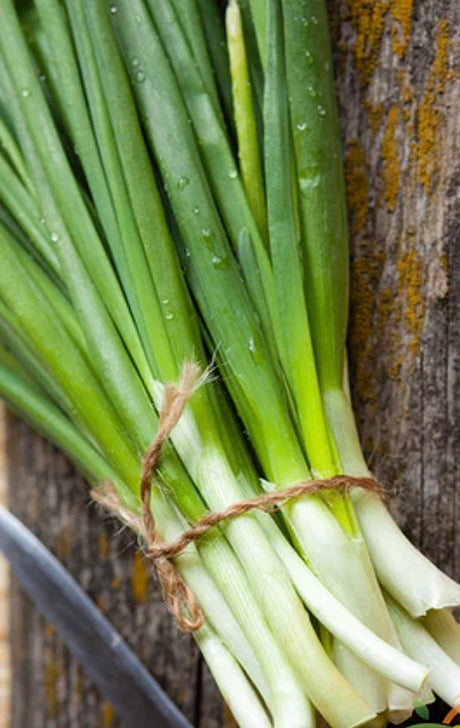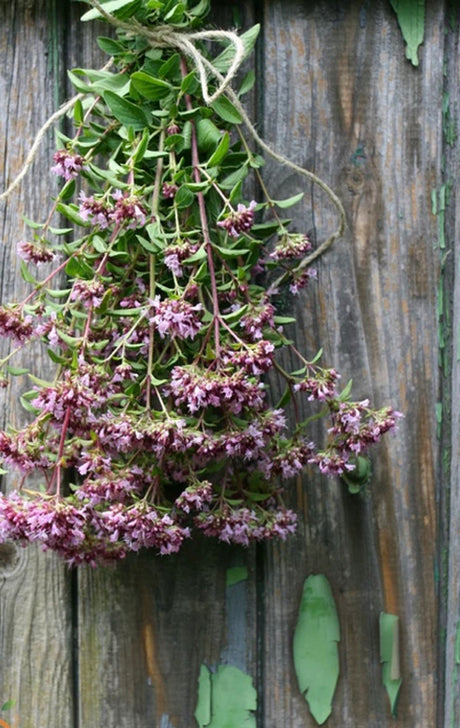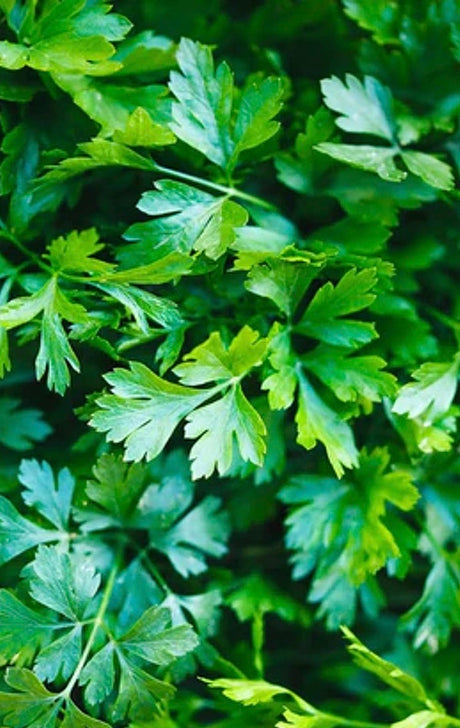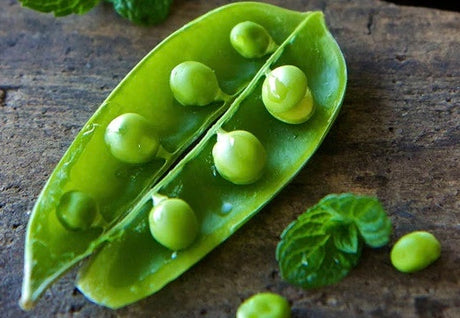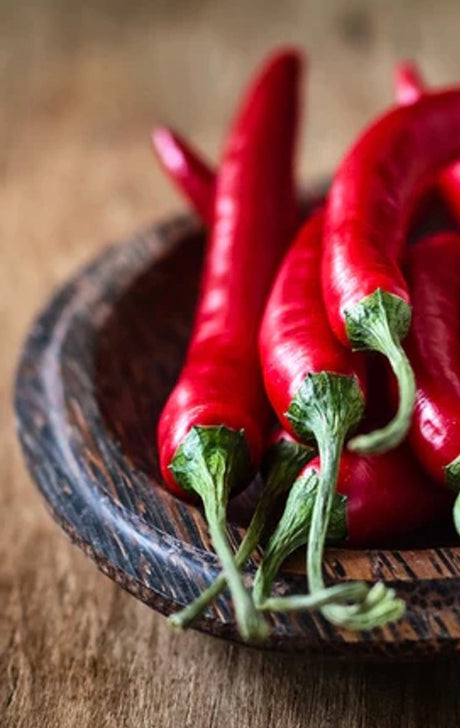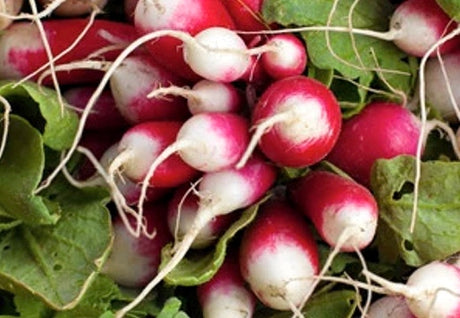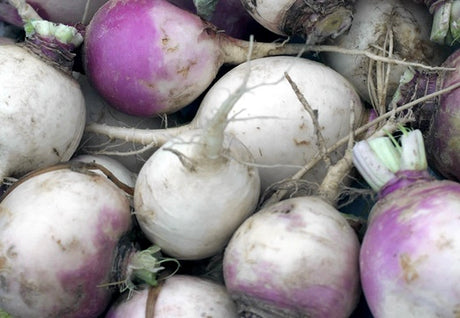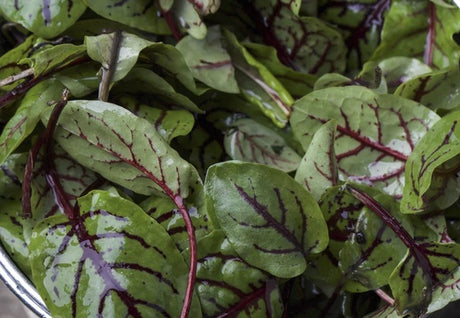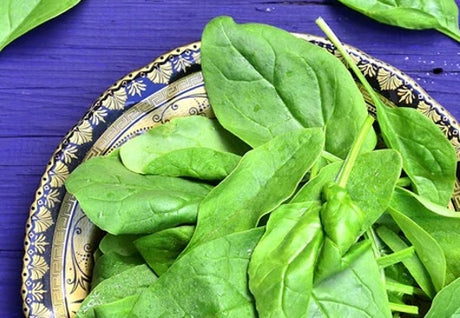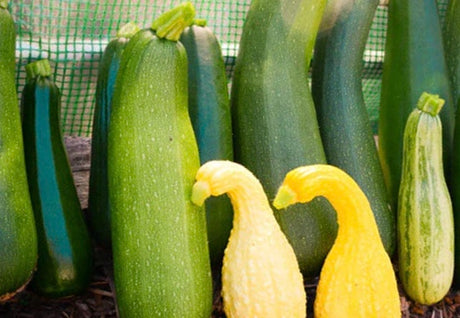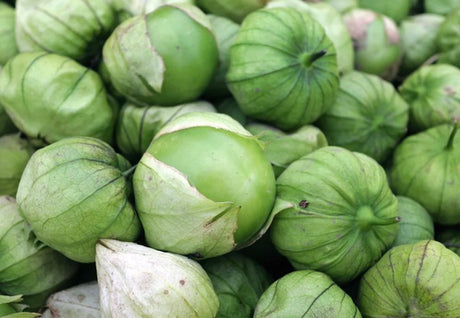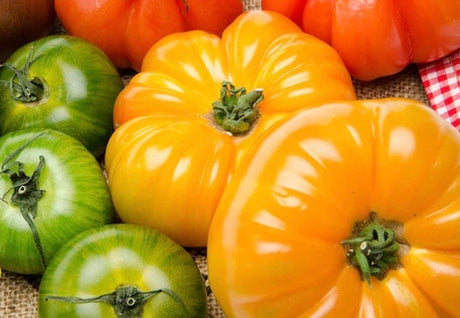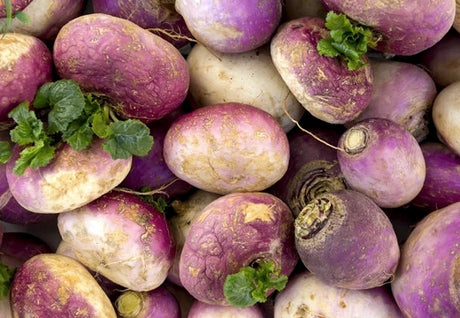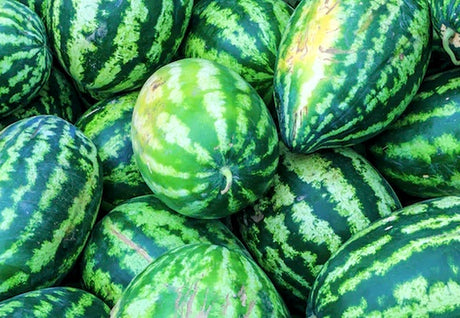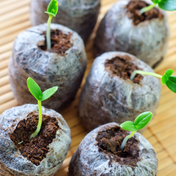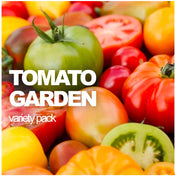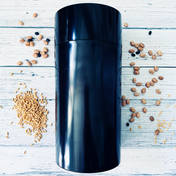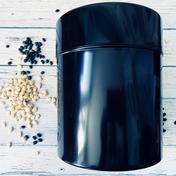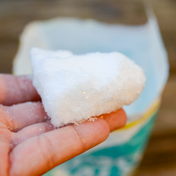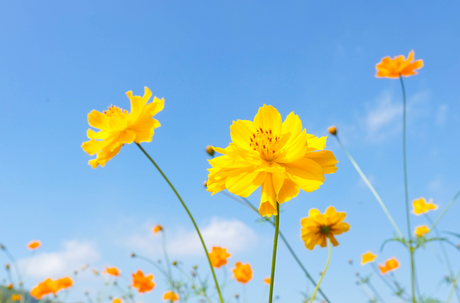Tomato - Sunray (Indeterminate)
Add this item to your cart
| Subtotal | |||
|---|---|---|---|

|
Sampler Pack (Appx. 10 seeds)
$299
|
||

|
Large Pack (Appx. 40 seeds)
$699
|
||
Description
Description
The Sunray tomato plant, known for its vibrant yellow fruit, is a popular choice among gardeners seeking to diversify their vegetable gardens. This cultivar is characterized by its high yield and robust growth, making it suitable for both novice and experienced gardeners. The Sunray tomato is classified as an indeterminate variety, which means it continues to grow and produce fruit throughout the growing season until killed by frost.
One of the notable features of the Sunray tomato plant is its ability to thrive in a variety of soil types, although it prefers well-drained, loamy soil enriched with organic matter. The optimal pH range for growing Sunray tomatoes is between 6.0 and 6.8. This range promotes nutrient availability and enhances overall plant health. Regular soil testing can help gardeners maintain the appropriate pH and nutrient levels, ensuring optimal growth conditions.
In terms of sunlight requirements, the Sunray tomato plant thrives in full sun, requiring at least 6 to 8 hours of direct sunlight each day. This exposure is crucial for the photosynthesis process, which is vital for fruit development. Insufficient sunlight can lead to stunted growth and reduced fruit production. Therefore, selecting an appropriate location in the garden that receives ample sunlight is essential for successful cultivation.
Watering practices also play a significant role in the health of the Sunray tomato plant. Consistent moisture is necessary, particularly during the fruiting stage. However, overwatering should be avoided, as it can lead to root rot and other fungal diseases. A general guideline is to provide about 1 to 1.5 inches of water per week, adjusting based on rainfall and soil moisture levels. Mulching around the base of the plant can help retain soil moisture and suppress weed growth.
Fertilization is another critical aspect of growing Sunray tomatoes. A balanced fertilizer with equal parts nitrogen, phosphorus, and potassium is recommended during the early stages of growth. As the plant begins to flower, a fertilizer higher in phosphorus can promote better fruit set and development. It is advisable to follow the manufacturer's instructions regarding application rates and timing to avoid nutrient burn.
Pest management is essential for maintaining the health of the Sunray tomato plant. Common pests include aphids, whiteflies, and tomato hornworms. Integrated pest management (IPM) strategies, such as introducing beneficial insects, using insecticidal soaps, and practicing crop rotation, can effectively control pest populations while minimizing chemical use.
In conclusion, the Sunray tomato plant is a valuable addition to any garden, offering both aesthetic appeal and culinary benefits. By understanding its growth requirements and implementing best practices in cultivation, gardeners can enjoy a bountiful harvest of flavorful tomatoes throughout the growing season.
SEED PLANTING TIPS
- Botanical name: Solanum lycopersicum
- Growth type: Indeterminate, trellis support, regular pruning
- Tomato size: Medium
- Depth to plant seeds: .25" deep
- Spacing between plants: 24" apart
- Spacing between rows: 36"-48" apart
- Days to germinate (sprout): 7-14 days
- Germination soil temps: 75F-95F
- Soil needs: 6.0-6.5 pH
- Sun needs: Full sun
- Frost hardy: No
- Planting season: Spring, summer
- # of plants per sq. ft.: Appx. 1 plant per 2 sq. ft.
- Days to maturity: 75-80 days
Click here to view our full Tomato grow guide
Good companion plants: Basil, Borage, Onion, Parsley, Pepper
Description
Description
The Sunray tomato plant, known for its vibrant yellow fruit, is a popular choice among gardeners seeking to diversify their vegetable gardens. This cultivar is characterized by its high yield and robust growth, making it suitable for both novice and experienced gardeners. The Sunray tomato is classified as an indeterminate variety, which means it continues to grow and produce fruit throughout the growing season until killed by frost.
One of the notable features of the Sunray tomato plant is its ability to thrive in a variety of soil types, although it prefers well-drained, loamy soil enriched with organic matter. The optimal pH range for growing Sunray tomatoes is between 6.0 and 6.8. This range promotes nutrient availability and enhances overall plant health. Regular soil testing can help gardeners maintain the appropriate pH and nutrient levels, ensuring optimal growth conditions.
In terms of sunlight requirements, the Sunray tomato plant thrives in full sun, requiring at least 6 to 8 hours of direct sunlight each day. This exposure is crucial for the photosynthesis process, which is vital for fruit development. Insufficient sunlight can lead to stunted growth and reduced fruit production. Therefore, selecting an appropriate location in the garden that receives ample sunlight is essential for successful cultivation.
Watering practices also play a significant role in the health of the Sunray tomato plant. Consistent moisture is necessary, particularly during the fruiting stage. However, overwatering should be avoided, as it can lead to root rot and other fungal diseases. A general guideline is to provide about 1 to 1.5 inches of water per week, adjusting based on rainfall and soil moisture levels. Mulching around the base of the plant can help retain soil moisture and suppress weed growth.
Fertilization is another critical aspect of growing Sunray tomatoes. A balanced fertilizer with equal parts nitrogen, phosphorus, and potassium is recommended during the early stages of growth. As the plant begins to flower, a fertilizer higher in phosphorus can promote better fruit set and development. It is advisable to follow the manufacturer's instructions regarding application rates and timing to avoid nutrient burn.
Pest management is essential for maintaining the health of the Sunray tomato plant. Common pests include aphids, whiteflies, and tomato hornworms. Integrated pest management (IPM) strategies, such as introducing beneficial insects, using insecticidal soaps, and practicing crop rotation, can effectively control pest populations while minimizing chemical use.
In conclusion, the Sunray tomato plant is a valuable addition to any garden, offering both aesthetic appeal and culinary benefits. By understanding its growth requirements and implementing best practices in cultivation, gardeners can enjoy a bountiful harvest of flavorful tomatoes throughout the growing season.
SEED PLANTING TIPS
- Botanical name: Solanum lycopersicum
- Growth type: Indeterminate, trellis support, regular pruning
- Tomato size: Medium
- Depth to plant seeds: .25" deep
- Spacing between plants: 24" apart
- Spacing between rows: 36"-48" apart
- Days to germinate (sprout): 7-14 days
- Germination soil temps: 75F-95F
- Soil needs: 6.0-6.5 pH
- Sun needs: Full sun
- Frost hardy: No
- Planting season: Spring, summer
- # of plants per sq. ft.: Appx. 1 plant per 2 sq. ft.
- Days to maturity: 75-80 days
Click here to view our full Tomato grow guide
Good companion plants: Basil, Borage, Onion, Parsley, Pepper
FAQs
FAQs
| Where can you ship your seeds to? |
|
| How much is shipping across the USA? |
|
| How do you ship your seeds? |
|
| What is a Seed Bank? |
|
| Are all your seeds NON-Genetically Modified (Non-GMO)? |
|
| Are all your seeds Organic? |
|
| What do you mean by growing Organic food? |
|
| What is a Genetically Modified seed? |
|
| What does it mean when you say the seeds are Non-Hybrid and Open-Pollinated? |
|
| Do you accept returns? |
|
| Can I collect my seeds after harvest? |
|
| How many years will my seeds last? |
|
About Our Seeds
About Our Seeds

|
GMO-FREE We also offer a few hybrid varieties on this website and they will be labeled as such on product listing. |

|
|
|
MOISTURE-PROOF PACKAGING All our seeds are packaged in high quality re-sealable moisture-proof packs designed to protect & extend the shelf-life of your seeds. We do NOT use paper envelopes. Read frequently asked questions |
 |
|
|
5-STAR CUSTOMER SUPPORT |
 |
|
|
SATISFACTION. GUARANTEED. |
 |
|
|
HIGHEST QUALITY SEEDS |

|
|
|
TOTALLY RAW & UN-TREATED |

|
Know where your food comes from.
Support local growers.
Grow your own Organic/GMO-FREE food!
Useful Links: [What is GMO?] [Step-by-Step Grow Guides] [Safe Seed Pledge] [FAQs]
WE DO NOT GROW OR SELL SEEDS FROM MONSANTO OR ANY OTHER COMPANY THAT IS AFFILIATED WITH GMO.
✓ NON-GMO
✓ HEIRLOOM
✓ OPEN-POLLINATED (OP)
✓ RAW, NATURAL & UN-TREATED
Safe Seed Pledge
Safe Seed Pledge
OUR PLEDGE TO YOU
Agriculture and seeds provide the basis upon which our lives depend. We must protect this foundation as a safe and genetically stable source for future generations.
For the benefit of all farmers, gardeners and consumers who want an alternative. We pledge to you that we do not knowingly buy or sell genetically engineered seeds or plants. The mechanical transfer of genetic material outside of natural reproductive methods and between genera, families or kingdoms, poses great biological risks as well as economic, political, and cultural threats.
We wish to support agricultural progress that leads to healthier soils, genetically diverse agricultural ecosystems and ultimately healthy people and communities.
We do not buy - OR - grow any seed from large corporations that make Genetically Engineered seeds. We don't touch that stuff and we never will.
The seeds we offer aren't like varieties you'd typically find at a garden center.
Every variety we offer is 100% OP (open-pollinated). Open-pollination means that you can safely save the seed after harvest and preserve a collection of heirloom seed for many generations to come.
To make it perfectly clear ... Our seeds do not contain any exogenously inserted embryogenesis deactivator genes caused by human intervention.
We now accept the following payment methods
continue shopping
🌱 Featured Seed Types (A - Z)
Go to the seed shopcontinue shopping






